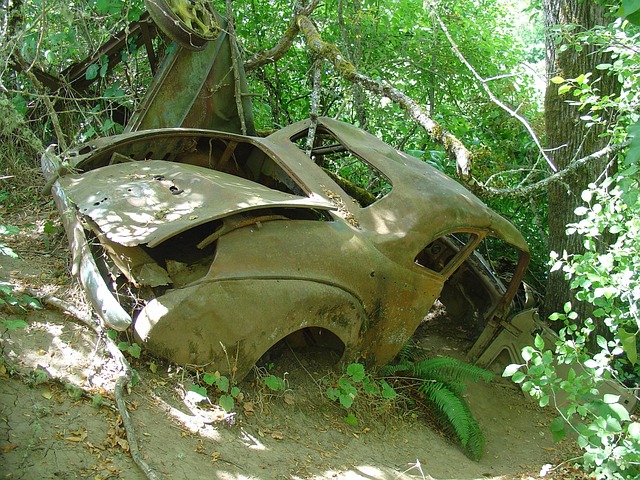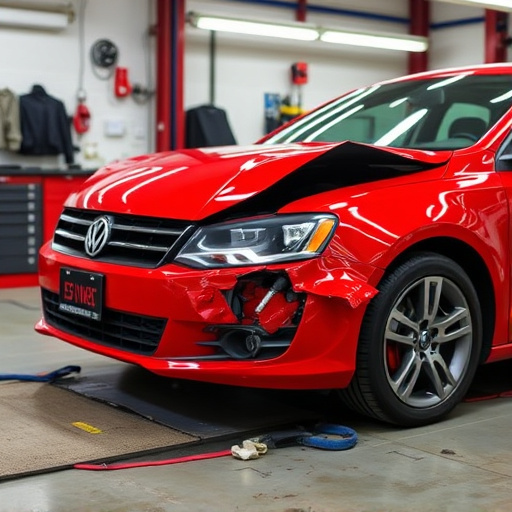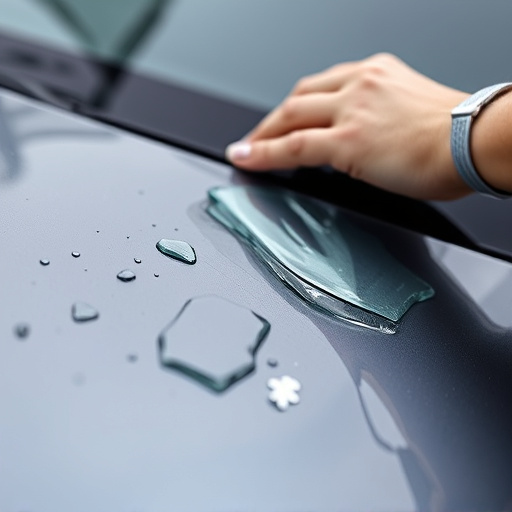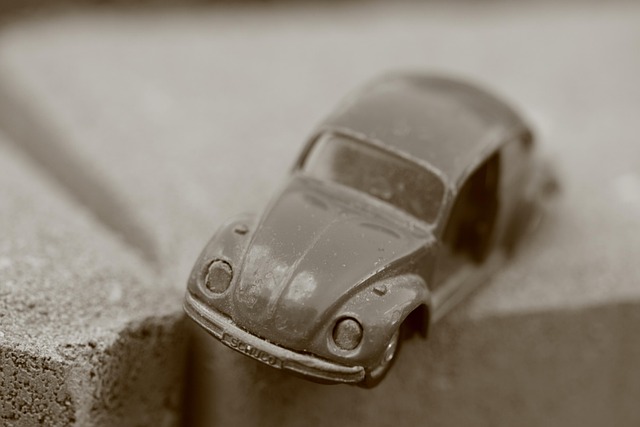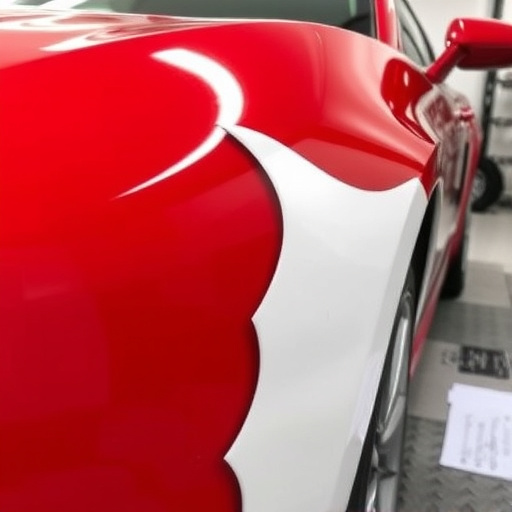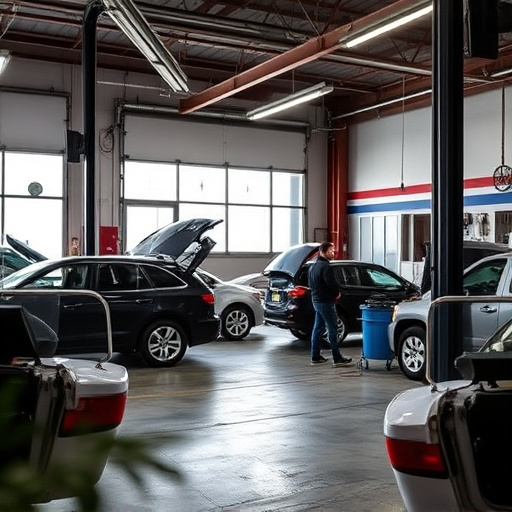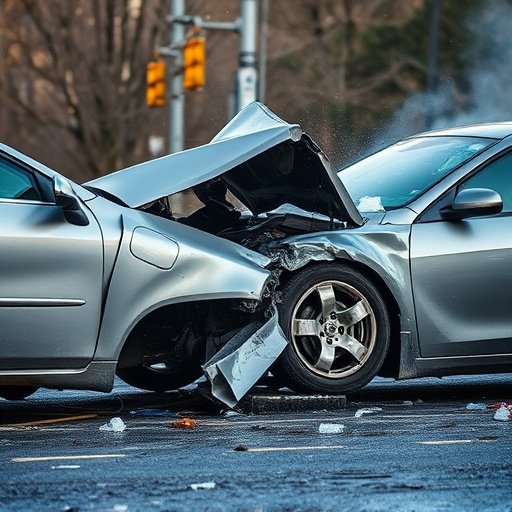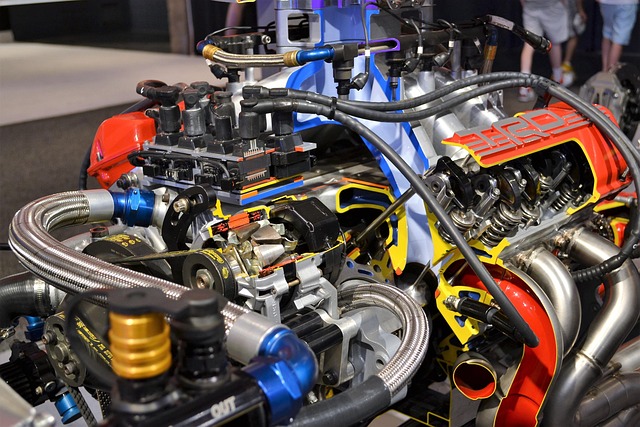Post-accident alternator inspections are critical for vehicle safety and reliability. Skilled mechanics use diagnostic tools to check for damage and electrical performance, guiding repair decisions based on extent of harm, vehicle age, and cost-effectiveness. This process ensures the alternator—a vital component of the electrical system—is restored to optimal condition for safe road operation.
After a vehicle accident, thorough alternator testing is crucial for safety and reliability. The alternator, a vital component that powers your car’s electrical systems, can be severely impacted by collisions. Understanding its role in your vehicle’s operation is key during the post-accident assessment process. During testing, mechanics inspect for damage, wear, and functionality. This determines whether repair or replacement is necessary, ensuring your vehicle operates safely and efficiently following an accident.
- Understanding the Alternator's Role in Your Vehicle
- Post-Accident Assessment: What to Expect During Testing
- Ensuring Safety and Reliability: Repair vs. Replacement Decisions
Understanding the Alternator's Role in Your Vehicle
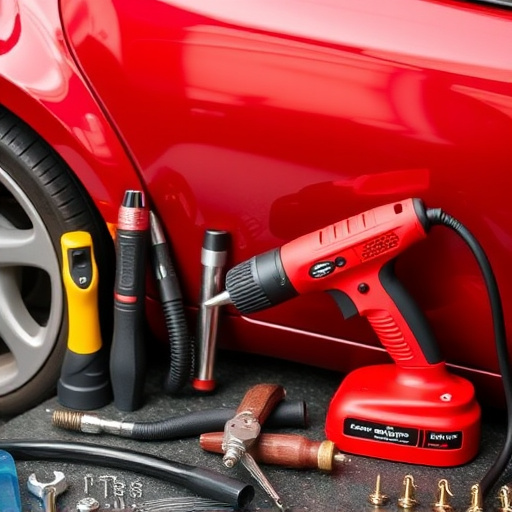
The alternator is a vital component of your vehicle’s electrical system, playing a crucial role in keeping your car running smoothly. Its primary function is to generate electricity and maintain the battery charge while the engine is in operation. During an accident, especially if severe, this critical part could sustain damage, leading to various issues for your vehicle’s overall functionality. Thus, an alternator inspection becomes essential after any collision or significant incident.
When a vehicle experiences a crash, the impact can cause internal damage to its parts, including the alternator. A thorough alternator inspection post-accident helps identify potential problems such as belt damage, internal wear and tear, or even a complete failure of the unit. Regular checks ensure that your vehicle’s electrical systems remain reliable, preventing further complications during vehicle repair services or in extreme cases, leaving you stranded on the road.
Post-Accident Assessment: What to Expect During Testing
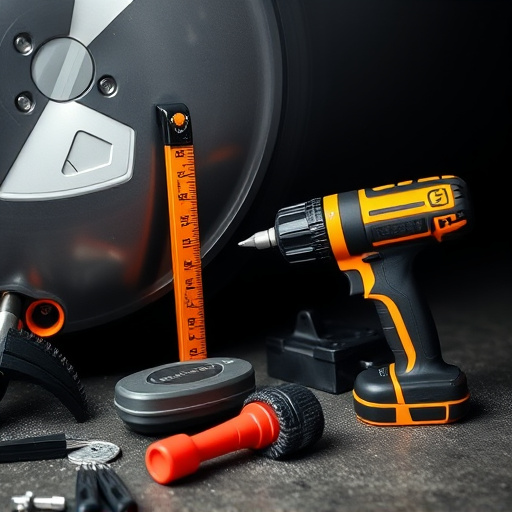
After an accident, a thorough post-accident assessment is crucial to ensure the safety and functionality of your vehicle. During this process, alternator inspection after accident plays a significant role. A professional mechanic will perform a detailed examination, which includes checking for any visible damage to the alternator and its components. They’ll also test the electrical system to assess the alternator’s performance and identify any potential issues that could impact future reliability.
This assessment goes beyond a basic visual check. It involves advanced diagnostic tools to measure voltage, current, and other critical parameters. In a Mercedes Benz collision repair or any automotive repair services, skilled technicians use these insights to determine if the alternator needs replacement or if repairs are feasible. The goal is to restore your vehicle’s electrical system to its optimal condition, ensuring it’s safe to operate on the road again.
Ensuring Safety and Reliability: Repair vs. Replacement Decisions
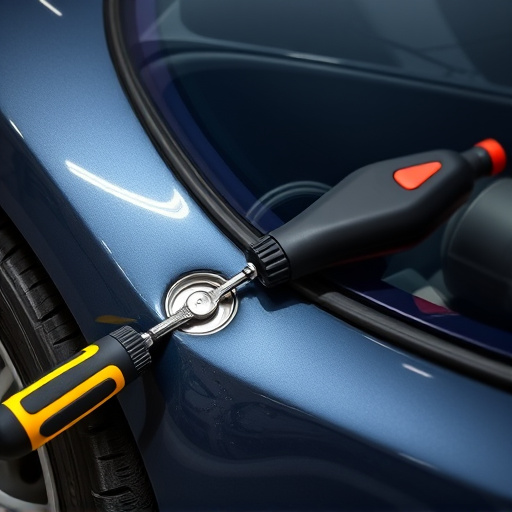
After an accident, one of the critical aspects of vehicle assessment is conducting a thorough alternator inspection. The alternator plays a vital role in a car’s electrical system, powering essential components and ensuring the reliability of the entire vehicle. Therefore, any damage or malfunction should be addressed promptly to guarantee safety and prevent further complications.
During an accident, various parts of a vehicle can sustain damage, including the alternator. A professional auto glass repair or collision damage repair expert will perform an alternator inspection as part of their comprehensive assessment. This process involves checking for visible signs of damage, such as cracks or leaks, and testing its functionality. The decision to repair or replace the alternator depends on several factors, including the extent of damage, age of the vehicle, and cost-effectiveness. In some cases, a simple repair might be sufficient to restore the alternator’s performance, while replacement may be necessary for severe cases or older vehicles where parts are hard to come by. This decision directly impacts the overall reliability and safety of the vehicle, especially when it comes to components like the alternator that are integral to keeping other systems running smoothly in an automotive body shop.
Alternator testing is a crucial step after any vehicle accident, as it ensures the reliability and safety of your car’s electrical system. By understanding the vital role of the alternator and undergoing comprehensive post-accident assessment, you can make informed decisions regarding repair or replacement. This process not only guarantees optimal performance but also safeguards against potential hazards caused by faulty components. When it comes to alternator inspection after an accident, prioritizing professional testing is essential for peace of mind on the road.
